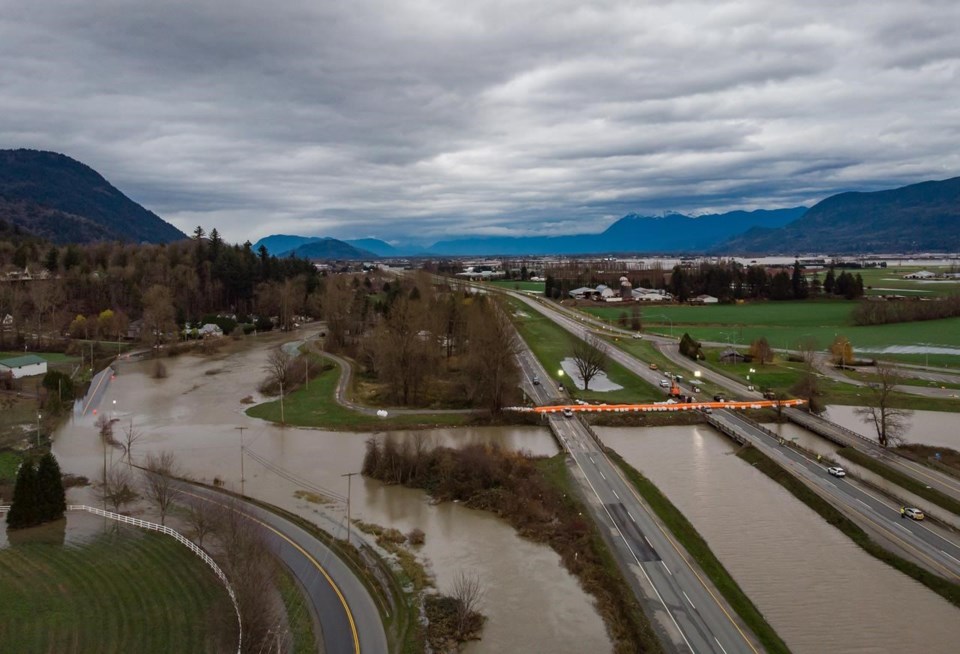VANCOUVER — All climate disasters are not created equal and the Institute for Catastrophic Loss Reduction recommends retreat in the face of only one type of threat.
"In our opinion, retreat is not an option that is important for most climate hazards in Canada. The hazard where retreat is really important and quite viable and a critical option involves flooding," executive director Paul Kovacs said.
There are relatively affordable ways individual property owners can protect themselves against wildfires, hail and extreme wind like tornadoes and hurricanes, he said.Â
The institute found that residents of Lytton, B.C., which mostly burned down in a 2021 wildfire, would be significantly better shielded from another blaze if they invested an average of $5,000 to rebuild using fire-resistant material for things like roofs and patios and reducing vegetation near structures.
After Calgary's 2020 hailstorm, the first in Canadian history to cause more than $1 billion in damage, the city offered $3,000 to homeowners who installed hail-resistant roofs.Â
"The program was incredibly successful," Kovacs said.Â
Floods caused by rising oceans or overflowing rivers are a different beast, he said. If one property owner builds a wall around his property, it just means the water flows to another. Preventing damage in those cases requires a more costly community-level response, he said, whether that means property buyouts or expensive dyking systems.Â
This report by The Canadian Press was first published Oct. 9, 2022.
Amy Smart, The Canadian Press



